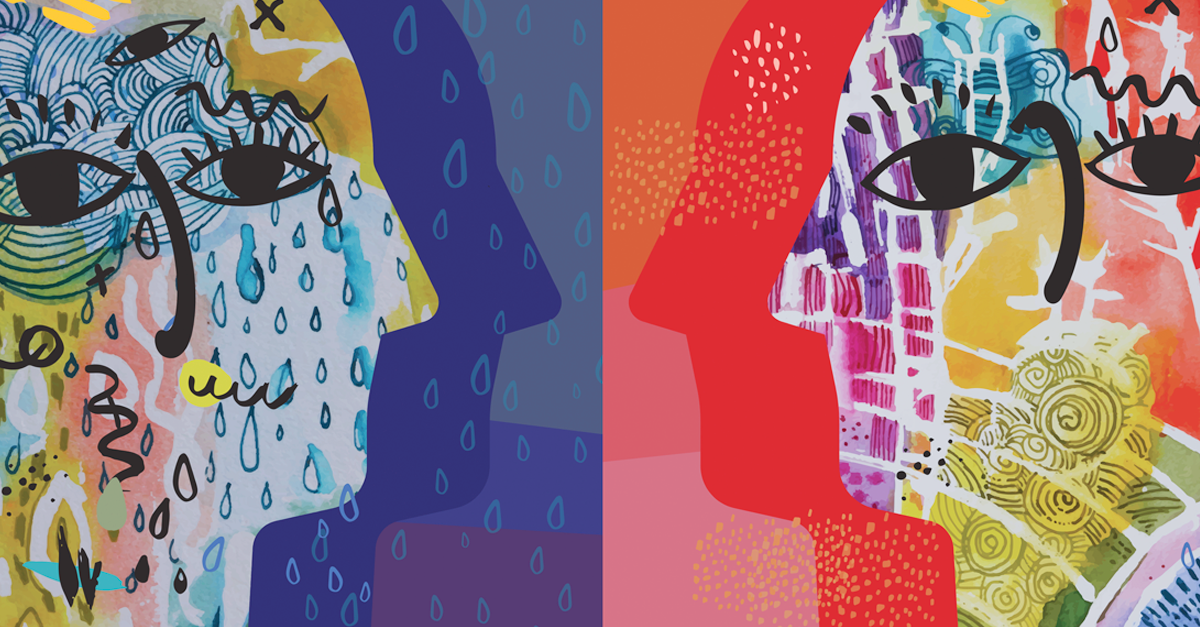Full-text of the article is available for this language: Español.
Bioethics through a philosophical lens: the (bio)ontological foundations of Juliana González Valenzuela’s proposal
Received:
19 April 2023,
Accepted:
14 July 2023,
Published:
2 August 2023

Abstract
The enrichment of bioethical proposals built from and for Latin America has been increasing in recent decades. In order to contribute to this, our objective is to present a proposal for a bioethical interpretation from a philosophical approach based on the identification of central concepts of Mexican philosopher Juliana González Valenzuela. A dual bio-ontological foundation was identified: a) the “dialectic phenomenology of life,” which allows the synthesis between the biological and cultural aspects of human beings, as well as the overcoming of its contradictions; and b) the Homo humanus, which enables the existence of the bio-ethical being affirmed as an authentic being and one who seeks a good life (eu-bios and eu-zoein). Reflection on and critique of the implications that the bio-ontological foundation hypothetically couples to law and power led us to identify main arguments. However, the necessary link between the bio-ethical being and said disciplines was evidenced by virtue of their social and communitarian nature (zoon politikón, ζῷον πολῑτῐκόν).
Keywords: Bioethics, Ethical Theory, Humanism;, Collective Health
Categories: Epistemology
References
1. Reich WT. Encyclopedia of bioethics. New York: The Free Press-MacMillan; 1978.
2. Llanos Escobar A. ¿Qué entendemos hoy por Bioética? Revista selecciones de Bioética. 2009;15:3-6.
3. Horkheimer M. Teoría Crítica. Buenos Aires: Amorrortu; 2003.
4. Ferrater Mora J. Diccionario de Filosofía. Tomo I. Buenos Aires: Sudamericana: 1965.
5. Beuchot M. Tratado de hermenéutica analógica: Hacia un nuevo modelo de interpretación. México: UNAM, Ítaca; 2009.
6. Abbagnano N. Diccionario de Filosofía. 2a ed. México: Fondo de Cultura Económica; 1993.
7. Audi R. The Cambridge Dictionary of Philosophy. 2nd ed. New York: Cambridge University Press; 1999.
8. Corman JW, Pappas GS, Leher K. Introducción a los problemas y argumentos filosóficos. México DF: Instituto de Investigaciones Filosóficas, Universidad Nacional Autónoma de México; 2006.
9. González Valenzuela J. Bíos: el cuerpo del alma y el alma del cuerpo. México DF: Fondo de Cultura Económica, Universidad Nacional Autónoma de México, 2017.
10. Andler D, Fagot-Largeault A, Saint-Sernin B. Filosofía de las ciencias. España: Fondo de Cultura Económica; 2011.
11. Ricoeur P. Discurso filosófico y hermeneusis. Barcelona: Anthropos; 1998.
12. Galaburda AM. Introduction. Neuropsychologia. 1990;28(6): 515-516.
13. Darwin C. On the origin of species by means of natural selection, of the preservation of favoured races in the struggle of life. Cambridge: Harvard University Press; 1964.
14. Ruíz R. Evolución: Conceptos y fenómenos fundamentales de nuestro tiempo. México DF: Instituto de Investigaciones Sociales, Universidad Nacional Autónoma de México: 2009.
15. Basadur M, Gelade G, Basadur T. Creative problem-solving process styles, cognitive work demands, and organizational adaptability. The Journal of Applied Behavioral Science. 2014;50(1):80-115.
16. González Valenzuela J. Valores éticos y valores humanos (en torno a la ontología del valor). En: González Valenzuela J, Landa J, (coords.). Los valores humanos en México. México DF: Siglo XXI Editores, Universidad Nacional Autónoma de México; 1997.
17. González Valenzuela J. Genoma humano y dignidad humana. Madrid: Anthropos; 2005.
18. Bolton Karmy R. Sobre la “decisión” en la prudencia de Aristóteles. Polis Revista Latinoamericana. 2006;14:1-10.
19. Firenze A. Dalla zoe al bios: Normalizzazione antropologica e naturalizzazione delle gerarchie sociali in Aristotele. Etica & Politica, 2019;(2):517-534.
20. Bobbio N. Origen y fundamentos del poder político. México: Grijalbo; 1985.
21. Ferrajoli L. La esfera de lo indecidible y la división de poderes. Estudios Constitucionales. 2008;6(1):337-343.
22. Bobbio N. Teoría general de la política. Madrid: Trotta; 2005.
23. Guerrero Sotelo RN, Orellana Centeno JE, Hernández Arzola LI, Balderas Ruíz E. Abordaje multidisciplinar del concepto Biobanco: revisión integrativa. Ciência & Saúde Coletiva. 2021;26(9):4321-4339.
24. México, Suprema Corte de Justicia de la Nación. Responsabilidad profesional médica: significado del concepto lex artis para efectos de su acreditación. Semanario Judicial de la Federación. 2013;XXV(3):1891.
25. México, Suprema Corte de Justicia de la Nación. Responsabilidad médico-sanitaria. Rebasa la responsabilidad contractual. Semanario Judicial de la Federación. 2012;XI(1):495.
26. Guerrero Sotelo RN, Hernández Arzola LI, Aragón-González GR. Responsabilidad jurídica del acto médico-sanitario. Revista CONAMED. 2019;24(1):S40-S46.
27. México, Suprema Corte de Justicia de la Nación. Responsabilidad patrimonial del estado por la prestación deficiente de los servicios de salud pública: Cuando se configura la negligencia médica en estos casos. Semanario Judicial de la Federación. 2014;5(1):818.
28. México, Suprema Corte de Justicia de la Nación. Lex artis ad hoc en materia médica. Semanario Judicial de la Federación. 2013;XXV(3):1819.
29. Bovero M. Qué no es decidible: Cinco regiones del coto vedado. Doxa Cuadernos de Filosofía del Derecho. 2008;(31):217-225.
30. Sánchez Vázquez A. Ética y libertad. Revista Mundo. 1990;4 (20):46-47.










